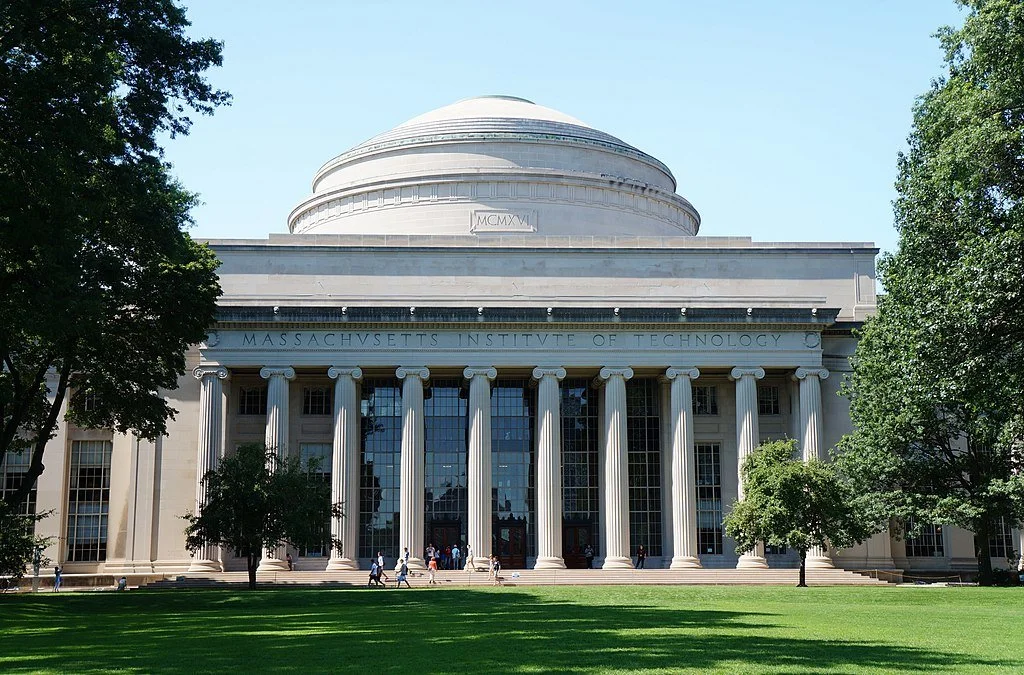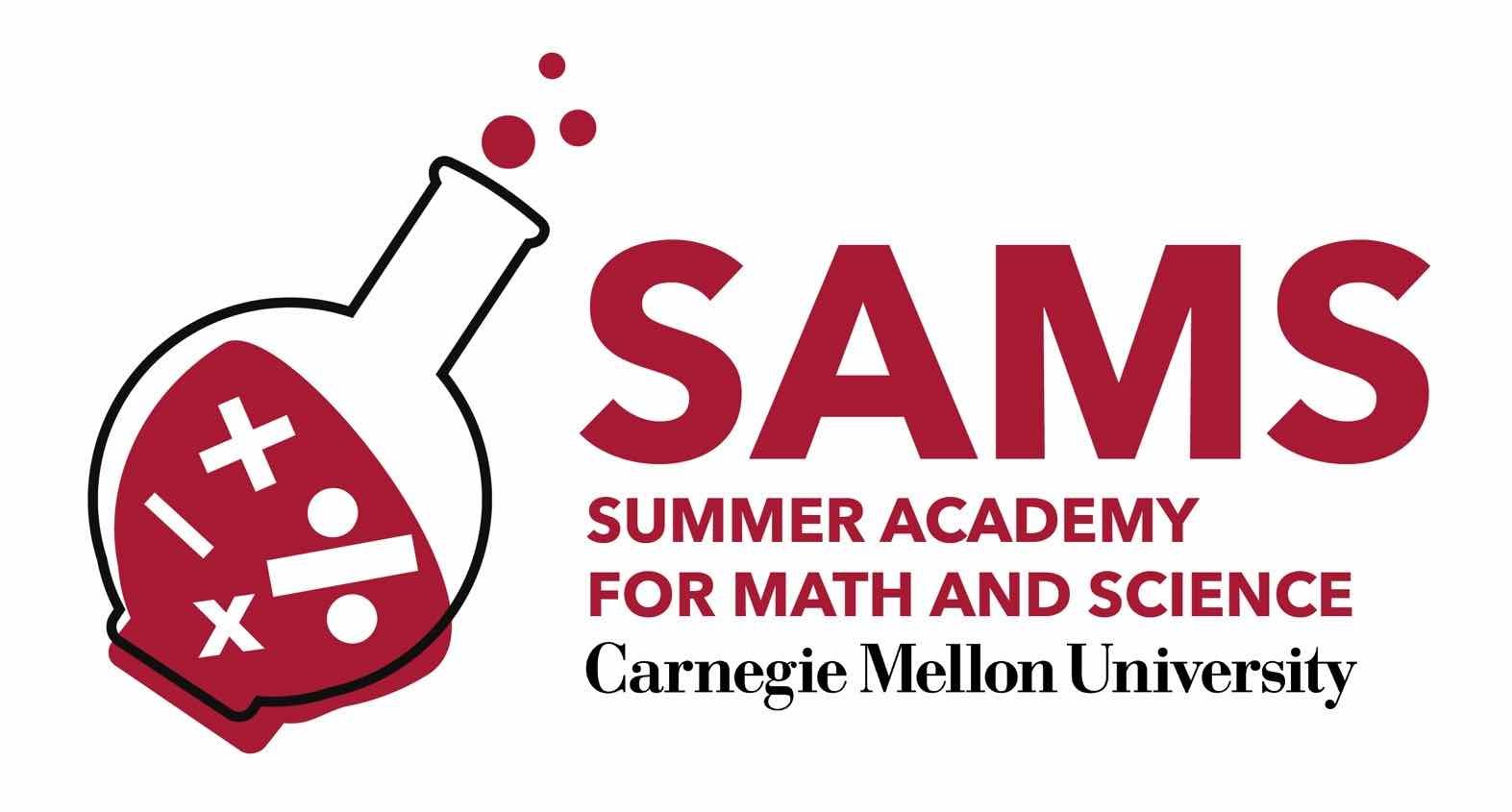15 Most Competitive Summer Programs for High School Students
High school students often seek out summer programs as a means to expand their horizons and enhance their college applications. However, not all summer programs are created equal. In a landscape brimming with options, from immersive research experiences to intensive academic camps, discerning the most competitive and prestigious programs can be a daunting task.
In this comprehensive guide, we navigate through the realm of summer programs to unveil the 15 most coveted opportunities for high school students. Join us as we delve into the criteria that define prestige in summer programs and explore the diverse array of offerings available to ambitious young scholars.
Interested in learning more about AI and its impacts ahead of college? Find out how YOU can apply artificial intelligence to the subjects that interest you in InspiritAI’s AI Scholars Program. Students in the Inspirit AI Scholars program craft interdisciplinary AI projects engaging subjects of personal interest to them. Additionally, many students who have participated in the AI+X Individual Research Mentorship have gone on to win prestigious awards at various science fair competitions! Also be sure to check out our previous blog post on learning AI.
What Makes a Competitive Summer Program?
What sets summer programs apart in terms of prestige is multifaceted, encompassing various factors that differentiate the most competitive programs from others. Firstly, selectivity plays a crucial role. The most prestigious summer programs often have highly competitive application processes, with acceptance rates rivaling those of top universities. These programs attract exceptionally talented and motivated students from around the world, creating a vibrant intellectual community where participants challenge and inspire each other.
Moreover, the level of academic rigor and intellectual engagement distinguishes prestigious summer programs. These programs offer rigorous coursework, hands-on research opportunities, and access to cutting-edge resources and facilities. Participants are immersed in a stimulating academic environment where they have the chance to delve deep into their areas of interest, work alongside renowned faculty, and make significant contributions to their respective fields.
Additionally, prestigious summer programs often prioritize accessibility and inclusivity. While some may come with a hefty price tag, many offer need-based financial aid or are completely free of charge, ensuring that financial barriers do not hinder the brightest minds from attending. Furthermore, these programs actively seek to promote diversity and inclusivity, providing opportunities for students from underrepresented backgrounds to thrive and succeed in academia.
Lastly, the reputation and track record of a summer program contribute significantly to its prestige. Programs with a long-standing history of excellence, alumni success stories, and partnerships with top universities or institutions are often highly regarded in academic circles. These programs have a proven track record of fostering talent, nurturing future leaders, and making a tangible impact on participants' academic and professional trajectories.
15 Most Competitive Summer Programs for High School Students
1. Telluride Association Summer Seminar (TASS) [Acceptance Rate: 3-5%]
TASS is a prestigious six-week program held at Cornell University, University of Maryland, and University of Michigan, designed for rising high school juniors and seniors with a passion for humanities and social sciences. With a focus on exploring how power and privilege shape societal structures, TASS attracts intellectually curious and motivated learners from diverse backgrounds worldwide. What sets TASS apart is its commitment to accessibility, offering a completely free experience including tuition, books, room and board, and even travel expenses, ensuring that financial barriers do not hinder the brightest minds from attending.
2. Research Science Institute (RSI) [Acceptance Rate: ~5%]
RSI brings together 100 of the world's most outstanding high school students at Massachusetts Institute of Technology (MIT) for a transformative five-week program in scientific research. Participants engage in a rigorous blend of on-campus coursework and off-campus research projects, guided by experienced scientists and researchers. The program is renowned for its selectivity and cost-free structure, providing students with an unparalleled opportunity to delve into the research cycle and produce individual projects while fostering a supportive community of like-minded peers.
3. Minority Introduction to Engineering and Science (MITES) [Acceptance Rate: ~3%]
MITES is a highly selective six-week residential program at Massachusetts Institute of Technology (MIT) tailored for academically talented high school juniors interested in STEM fields. Aimed at students from diverse, underrepresented, or underserved backgrounds, MITES provides a supportive environment where participants develop essential skills for success in STEM while gaining insights into advanced technical degrees. The program is cost-free, offering participants a valuable opportunity to immerse themselves in rigorous coursework, hands-on projects, and mentorship from esteemed faculty.
4. Program in Mathematics for Young Scientists (PROMYS) [Acceptance Rate: ~10%]
Founded in 1989, PROMYS is a renowned six-week residential program hosted at Boston University, catering to mathematically gifted high school students. With an emphasis on fostering a community of young mathematicians, PROMYS offers a unique experience where participants delve into advanced mathematical concepts and engage in collaborative exploration guided by peers, counselors, and research mathematicians. While the program has a cost associated with it, financial aid is available for domestic students from families with demonstrated need, ensuring access for all qualified applicants.
5. Research in Science & Engineering (RISE) [Acceptance Rate: ~7%]
RISE is a prestigious six-week summer program at Boston University, offering scientifically minded high school juniors a transformative experience in research and hands-on learning. With tracks in internship and practicum, RISE provides participants with opportunities to work alongside distinguished faculty and engage in research projects spanning various fields, from astronomy to psychology. While there are associated tuition and room/board costs, RISE offers a rigorous academic environment where students can immerse themselves in cutting-edge scientific exploration and develop invaluable skills for future success in STEM fields.
6. The Summer Science Program (SSP) [Acceptance Rate: 10-15%]
With over 60 years of history, SSP is a prestigious program spread across multiple universities including New Mexico State University, University of Colorado-Boulder, and others, aiming to nurture future scientists, doctors, engineers, and entrepreneurs. Over the course of 39 intense days, students delve into experimental science, conducting research projects, attending lectures, and participating in life-changing experiences. What sets SSP apart is its need-blind admissions process, ensuring that financial constraints do not hinder deserving students from accessing this transformative opportunity.
7. Boys State/Girls State [Acceptance Rate: 3-6%]
Established in the 1930s, Boys State and Girls State are week-long immersive programs designed to educate high school juniors about the fundamentals of American democracy and governance. Participants engage in activities such as legislative sessions, court proceedings, and law enforcement presentations, gaining firsthand experience in civic responsibility and leadership. Open to students across the nation, these programs are generally free, fostering an inclusive environment where young leaders can develop their skills and deepen their understanding of civic engagement.
8. Anson L. Clark Scholars Program [Acceptance Rate: ~3%]
Experience the pinnacle of interdisciplinary exploration at the Anson L. Clark Scholars Program, held annually at Texas Tech University. This esteemed program stands out for its inclusivity, welcoming students from diverse academic backgrounds spanning biology, computer science, history, and beyond. Garnering applicants from around the world, admission to the Clark Scholars Program is a prestigious accolade for any aspiring college-bound student.
During the program's intensive seven weeks, participants engage in immersive research experiences tailored to their specific fields of interest, collaborating closely with esteemed faculty mentors. Many Clark Scholars find this hands-on research invaluable in shaping their future academic and career trajectories. Notably, the program is completely free for selected participants, with only transportation costs to and from the program to consider. Moreover, upon successful completion of a research project report, students receive a stipend—an additional incentive to embark on this transformative journey. With just 12 coveted spots available each summer, the Anson L. Clark Scholars Program offers a select cohort of rising and graduating high school juniors the chance to embark on a profound academic exploration like no other.
9. Stanford University Mathematics Camp (SUMaC) [Acceptance Rate: ~6%]
SUMaC is a rigorous program offered at Stanford University, catering to high-achieving high school juniors and seniors with a passion for mathematics. Whether attending in person or online, participants immerse themselves in advanced mathematical concepts, guided research, and collaborative problem-solving. SUMaC provides a glimpse into college-level coursework and research, equipping students with the tools and knowledge to excel in STEM fields.
10. Stanford Institutes of Medicine Summer Research Program (SIMR) [Acceptance Rate: ~3%]
SIMR offers high school juniors and seniors the opportunity to engage in biomedical research at Stanford University. With a focus on increasing diversity in the field, SIMR provides hands-on experience in areas such as immunology, neurobiology, and bioinformatics. The program is not only free but also offers stipends to participants, ensuring that aspiring scientists from all backgrounds have access to this invaluable experience.
11. Stanford Medical Youth Science Program [Acceptance Rate: only 24 students selected]
This selective program at Stanford University targets high school juniors from Northern California's low-income and first-generation families, offering a transformative five-week experience. Participants engage in lectures, workshops, research projects, and mentorship opportunities facilitated by Stanford faculty and health professionals. With a focus on academic development and career empowerment in medicine, SMYSP is not only free but also provides participants with a clinical research stipend, ensuring accessibility and support for aspiring medical professionals.
12. Science Internship Program (SIP) [Acceptance Rate: ~5%]
SIP at the University of California-Santa Cruz (UCSC) offers high-achieving high school students the chance to immerse themselves in authentic research experiences across various fields, from science to humanities. Over the course of nine weeks, participants work on open-ended research projects under the mentorship of UCSC faculty and post-doctoral researchers, gaining valuable insights into the scientific process. With a focus on hands-on learning and mentorship, SIP equips students with the skills and experience necessary for success in STEM fields.
13. Economics for Leaders (EFL) [Acceptance Rate: ~50%]
EFL is a week-long program held at colleges and universities nationwide, providing high school sophomores and juniors with practical experience in economic analysis and leadership. Through interactive sessions and simulations, participants learn to apply economic principles to real-world scenarios while honing their leadership skills. With a competitive admissions process and a focus on small class sizes, EFL offers a unique opportunity for students to develop critical thinking and leadership abilities in a supportive environment.
14. Summer Academy for Math and Science (SAMS) [Acceptance Rate: ~7%]
SAMS is a six-week residential program at Carnegie Mellon University designed for high school juniors interested in pursuing STEM degrees. Through rigorous coursework, hands-on learning, and mentorship from faculty and staff, participants deepen their understanding of STEM fields and develop essential skills for success in college and beyond. SAMS prioritizes diversity and encourages students from underrepresented backgrounds to apply, fostering an inclusive and supportive community of aspiring scientists and engineers.
15. The Hampshire College Summer Studies in Mathematics (HCSSiM) [Acceptance Rate: 5-7%]
HCSSiM is a six-week residential program at Hampshire College focused on advanced mathematics, attracting talented students from around the world. Participants spend their days immersed in mathematical exploration, engaging with faculty and peers in a collaborative learning environment. With a commitment to accessibility, HCSSiM offers need-based financial aid, ensuring that students from all backgrounds have the opportunity to pursue their passion for mathematics and prepare for future academic and professional endeavors.
About Inspirit AI
AI Scholars Live Online is a 10 session (25-hour) program that exposes high school students to fundamental AI concepts and guides them to build a socially impactful project. Taught by our team of graduate students from Stanford, MIT, and more, students receive a personalized learning experience in small groups with a student-teacher ratio of 5:1.




